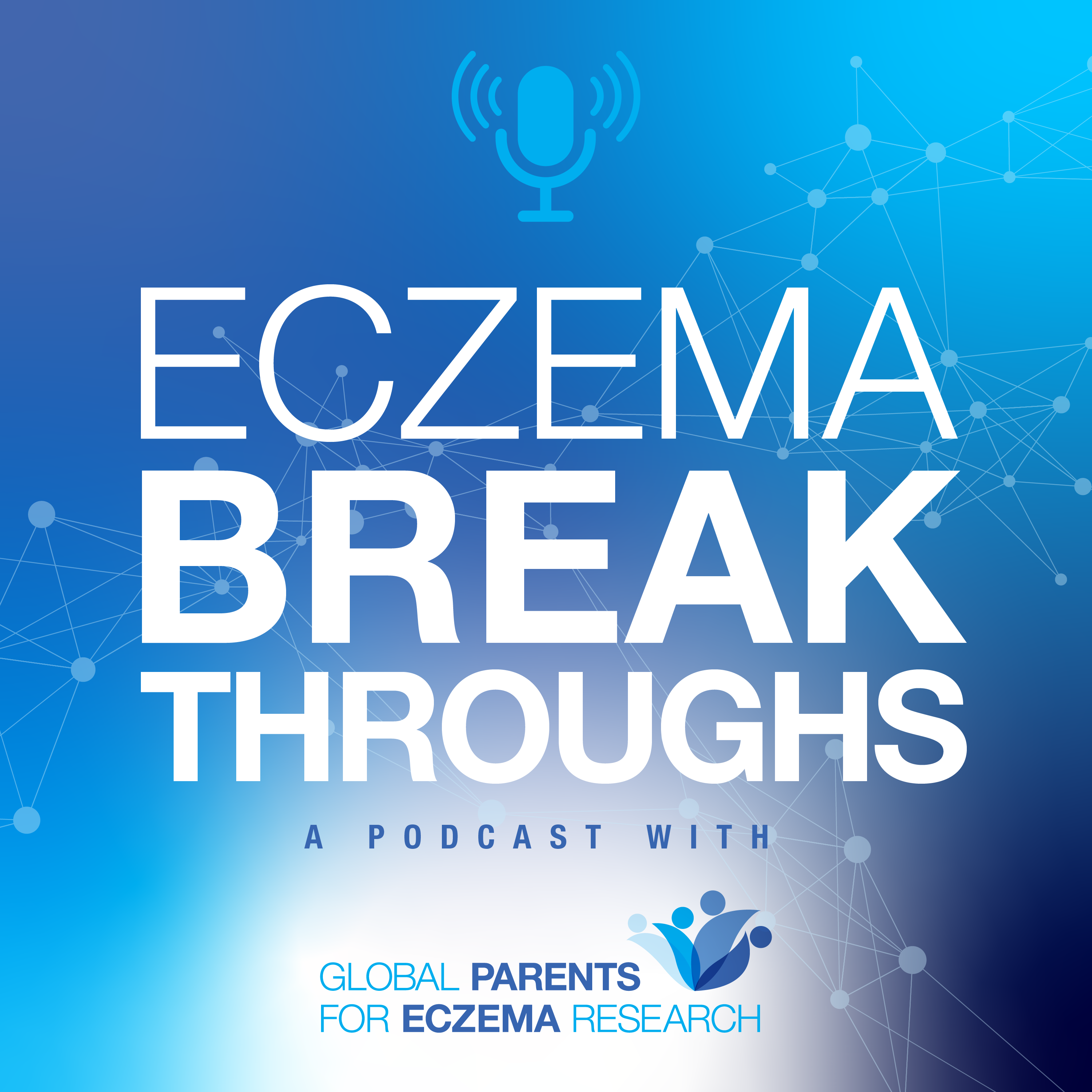- After-Shows
- Alternative
- Animals
- Animation
- Arts
- Astronomy
- Automotive
- Aviation
- Baseball
- Basketball
- Beauty
- Books
- Buddhism
- Business
- Careers
- Chemistry
- Christianity
- Climate
- Comedy
- Commentary
- Courses
- Crafts
- Cricket
- Cryptocurrency
- Culture
- Daily
- Design
- Documentary
- Drama
- Earth
- Education
- Entertainment
- Entrepreneurship
- Family
- Fantasy
- Fashion
- Fiction
- Film
- Fitness
- Food
- Football
- Games
- Garden
- Golf
- Government
- Health
- Hinduism
- History
- Hobbies
- Hockey
- Home
- How-To
- Improv
- Interviews
- Investing
- Islam
- Journals
- Judaism
- Kids
- Language
- Learning
- Leisure
- Life
- Management
- Manga
- Marketing
- Mathematics
- Medicine
- Mental
- Music
- Natural
- Nature
- News
- Non-Profit
- Nutrition
- Parenting
- Performing
- Personal
- Pets
- Philosophy
- Physics
- Places
- Politics
- Relationships
- Religion
- Reviews
- Role-Playing
- Rugby
- Running
- Science
- Self-Improvement
- Sexuality
- Soccer
- Social
- Society
- Spirituality
- Sports
- Stand-Up
- Stories
- Swimming
- TV
- Tabletop
- Technology
- Tennis
- Travel
- True Crime
- Episode-Games
- Visual
- Volleyball
- Weather
- Wilderness
- Wrestling
- Other
The inflammation-microbe connection and how new therapies can correct both
New biological therapies like dupilumab target Type 2 inflammation, but new research shows they are also modifying the skin microbiome. In this episode we discuss what Type 2 inflammation is, why it matter in eczema, and how it modifies the microbiome. Our guest is Dr. Lisa Beck (Co-Director of the Center for Allergic Disease Research, University of Rochester Medical Center, NY) who has dedicated her 35 year career to understanding why some eczema patients are susceptible to skin infections and finding safe and effective eczema treatments.Research associated with this podcastType 2 Inflammation Contributes to Skin Barrier Dysfunction in Atopic DermatitisTralokinumab treatment improves the skin microbiota by increasing the microbial diversity in adults with moderate-to-severe atopic dermatitisRapid Reduction in Staphylococcus aureus in Atopic Dermatitis Subjects Following Dupilumab Treatment

